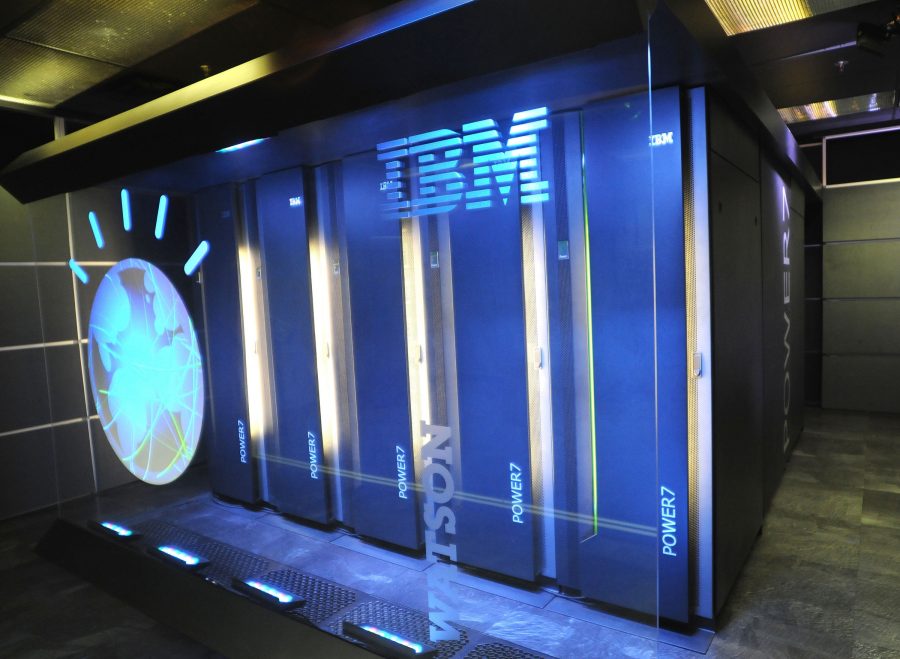IBM Watson joins Norway cancer cluster

IBM is looking to build partnerships with healthcare organisations to unlock the potential of its Watson cognitive computing system – and its latest partner will be a cluster of cancer biotechs and academic experts based in Oslo, Norway.
The US-based computing firm is the latest organisation to join the Oslo Cancer Cluster, a network of academics, pharmaceutical companies and biotechs that have sprung up around the site of the Norwegian Radium Hospital in Oslo.
At an event hosted by AbbVie, one of the pharma companies that has also formed a partnership with the site, Loek Vredenberg, technical leader at IBM Norway, said the company is trying to find ways to develop Watson’s potential within healthcare systems.
“For us at IBM, collaboration is very important,” he said.
The conference saw one example of how Watson can already help with their prescription decision-making, a conference heard.
The conference, Behind The Scenes of Breakthrough Innovations, heard that Watson can use its cognitive abilities to provide suggestions for physicians trying to decide drug regimens for patients.
With science progressing rapidly, doctors may find it difficult to keep pace with the most relevant treatment options.
Watson can aid them by drawing up a list of suggestions by analysing patient data, and interrogating the available scientific data, to produce a list of options. The system is already being used in China to personalise cancer care.
IBM’s system is designed to improve health outcomes and thus bring indirect savings to health systems – but the company was coy about how much the systems will pay to access Watson.
Representatives of IBM declined to give details about how much they charge for the service – but said the price will vary from country to country.
The US has a healthcare system which is largely based on private contributions, while in Europe and Nordic countries, health systems are publicly funded – so the amount of cash available for this kind of technology varies.
Peter Mortensen, Watson Health Executive at IBM, said: “There are different price models.”
Ulf Hertin, healthcare lead at Sweden’s analytics firm SAS Institute, said that health IT companies could look to vary the cost of the services they provide, based on the kind of clinical results that they produce.
A health outcomes based pricing system could serve both the health system, and the IT provider, by stimulating them both to improve patient outcomes, said Hertin.
He told the conference: “If you improve an outcome then you can share that.”
The project is just the latest high profile initiative for IBM’s cognitive computing superstar. Watson has been recruited to help in the US Cancer Moonshot 2020 Initiative as well as clinical trial patient matching programmes. In the UK, Watson is helping create its first ‘cognitive hospital’ in Alder Hey Children’s hospital.












